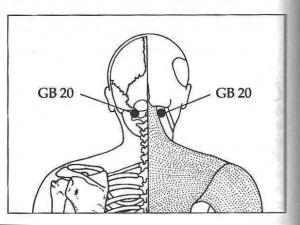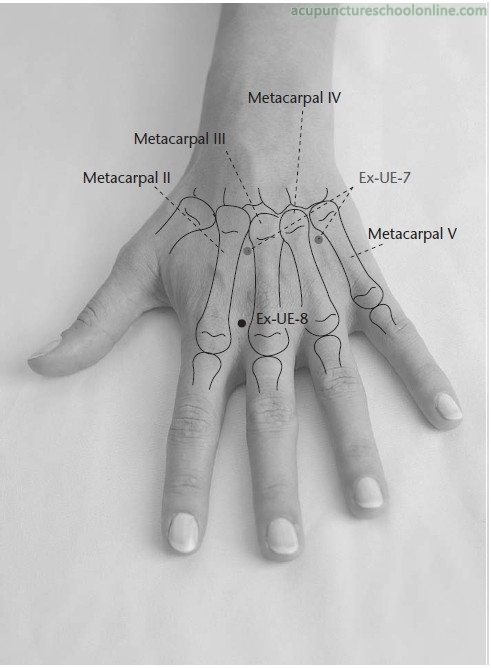You may have heard the concept of blood thrown around in talking with an acupuncturist. In Traditional Chinese Medicine (TCM), blood is a concept, and not the physical substance of what westerns know as blood.
What is Blood in TCM?
Quite simply, blood means nourishment. It is the “substance” which keeps our muscles, hair, organs, eyes, and skin healthy. It also provides a calm and grounded space for our minds.
Blood can easily become deficient as we get older, get more stressed, and generally have less time to care for ourselves. Physically loosing a large amount of blood can also cause blood deficiency. Some of the most common symptoms experienced when blood is deficient include:
Dull, pale skin
Pale lips and tongue
Dry skin, hair and nails
Fatigue
Dizziness
Numbness or tingling
Poor memory
Insomnia
Anxiety
Palpitations
However, blood deficiency is most commonly caused by improper nutrition. In this case, it is easy to work on nourishing your blood by incorporating the right foods in your diet.
What are the best foods for blood deficiency?
Dark green, leafy vegetables that are rich in chlorophyll are very important to nourish the blood. Chlorophyll is the pigment that gives plants their green color and helps them make energy from the sun. Chlorophyll is excellent for improving skin health, and wound healing.
In addition, red meat is especially important for nourishing the blood. High quality, grass fed meats are best and are rich in iron and protein. Protein is a key component in maintaining healthy blood. Plant sources of protein that are also good for blood include: beans, lentils, soy, nuts, and some grains.
Here are our top picks for the best foods to nourish the blood:
Vegetables
Kale
Beets
Leafy greens
Spinach
Watercress
Fruit
Apricots
Cherries
Dates
Figs
Goji berries
Grapes
Beans/ Soy
Adzuki beans
Black soy beans
Kidney beans
Tempeh
Animal Products
Beef
Bone broth
Bone marrow
Eggs
Seafood
Cuttlefish
Mussels
Octopus
Oysters
Sardines
Squid
Herbs and Spices
Parsley
Other
Micro-algae (chlorella, spirulina etc.)
The Importance of Eating Habits
In addition to consuming the right foods, it is also important to establish healthy eating habits. Sitting down to enjoy a meal is something that many of us neglect due to busy schedules. Eating slowly and mindfully plays a very important role in the digestive process. Take your time to properly chew your food, and always eat in a relaxed atmosphere.
Furthermore, it is ideal to cook vegetables lightly to retain most of their vitamin content. Steaming and stir frying are ideal. Meat should be cooked slowly, which makes it tender and easy to digest. Soups and stews are an excellent way to get your vegetables and meat in a delicious and easily digestible manner.
With a little more focus and attention on what you eat and how you eat, your blood can be nourished, leaving you feeling healthy, alert, and void of any blood deficiency symptoms.
Acupuncture and Blood Deficiency
Acupuncture can help to stimulate and nourish the blood by regulating and supporting the systems involved in blood production. Contact us to learn more!











